Are Georgians Friendly to Foreigners?
The Country That Welcomes Americans With Open Arms
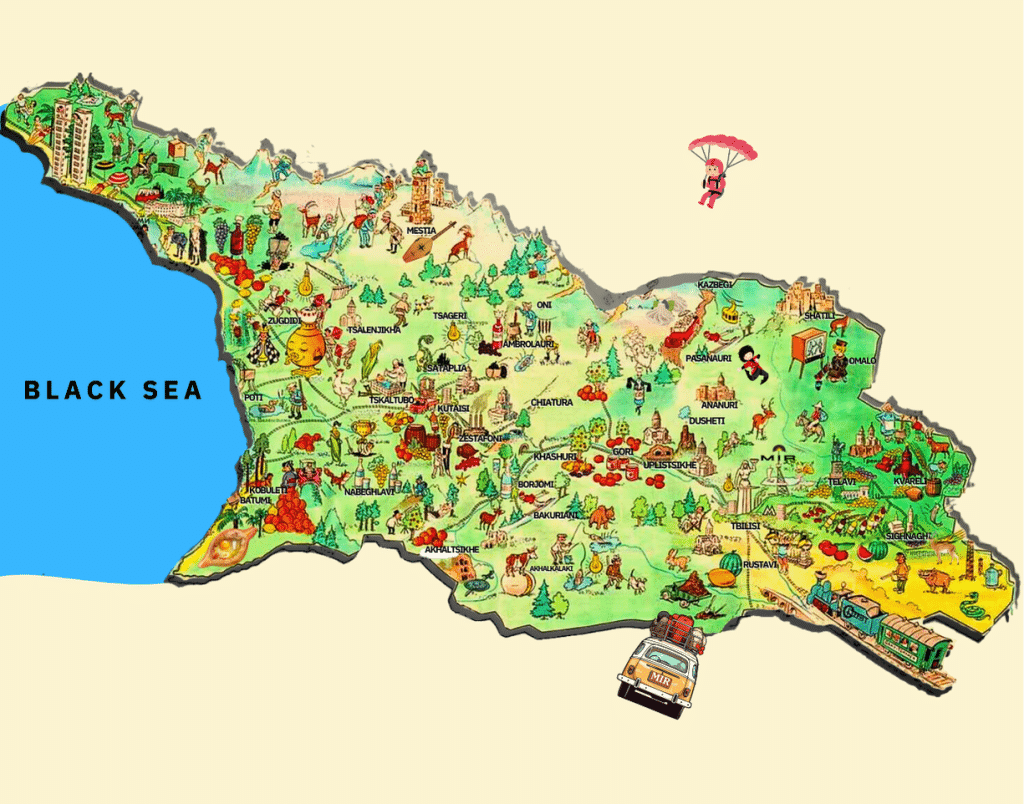
Georgia, known as Sakartvelo to its natives, is renowned for its warm hospitality towards visitors worldwide. In this article, we delve into the cultural fabric of Georgia to uncover the roots of its hospitality, examine the experiences of travelers who have been embraced by the warmth of Georgian society, and answer the question: Are Georgians Friendly to Foreigners?
The heart of Georgian hospitality lies in the cultural tradition that values guests as gifts from God. The concept of “Tamada,” or toastmaster, epitomizes Georgian social gatherings, where a designated individual leads the festivities with eloquent toasts and ensures that all guests feel included and cherished. This tradition reflects the profound respect and warmth that Georgians extend to those in their company.
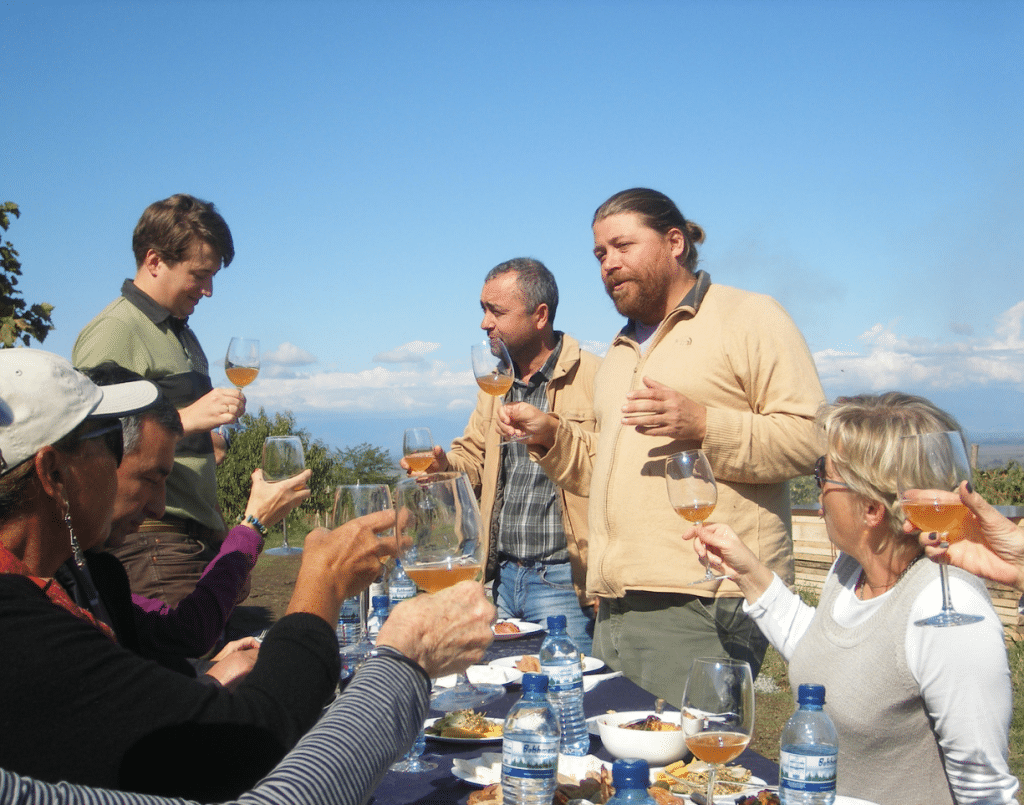
Travelers to Georgia often find themselves on the receiving end of unexpected acts of kindness and generosity. Locals offer directions, invite strangers to join in traditional dances, share a meal at their own houses and offer traditional Georgian wine and chacha (a sort of grape vodka, similar to grappa) from their own cellar. On special occasions, Tbilisi International Airport even welcomes international visitors with a small wine bottle as a gift. Georgian hospitality leaves a lasting impression on visitors from near and far.
Georgian hospitality is centered around the “supra,” a traditional feast where friends and family gather to share food, wine, and conversation while singing national polyphonic songs and dancing energetic national dances. At a supra, guests are treated as honored members of the community, and foreigners are welcomed with open arms, invited to partake in the rich heritage of Georgian culinary delights and lively discourse.
Georgians’ friendly disposition extends beyond their borders, as evidenced by their welcoming attitude towards foreigners. Surveys and interviews reveal that Georgians take pride in their reputation for hospitality and are eager to engage with visitors from all walks of life, fostering cross-cultural understanding and friendship.
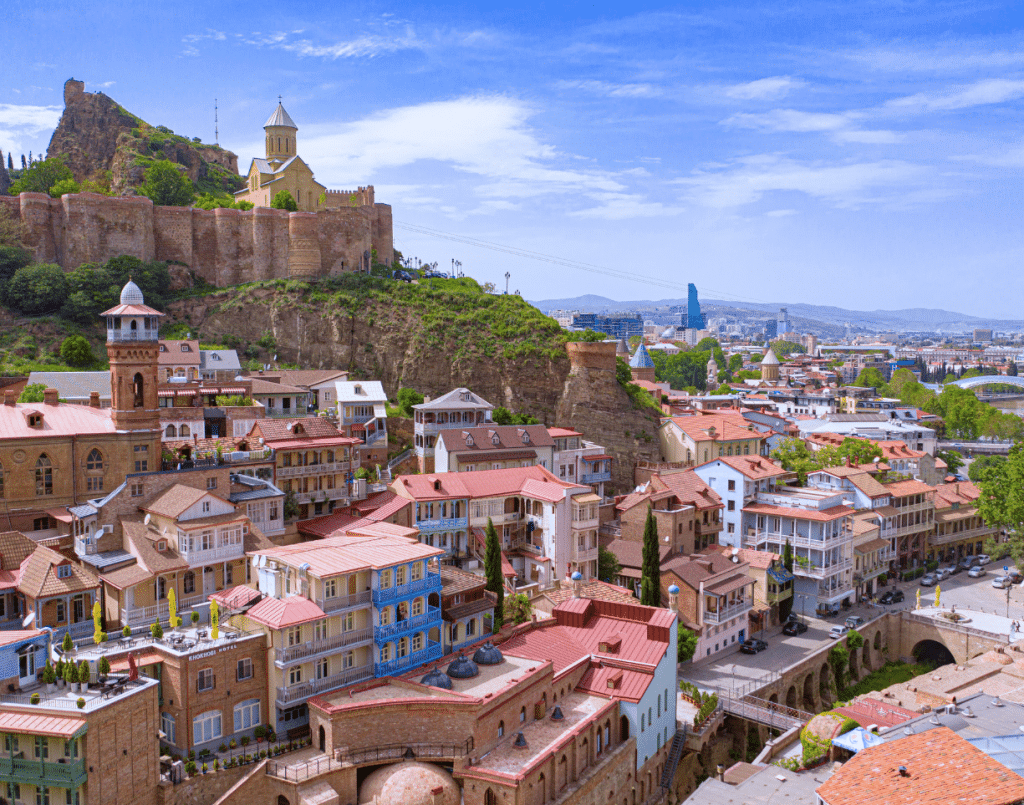
Georgia is a melting pot of cultures and a beloved travel destination for many Americans. This is because the picturesque landscapes of the Caucasus Mountains highlight old monasteries like the Gergeti Trinity. Additionally, the vibrant streets of Tbilisi make it a cultural mosaic that attracts visitors. Georgia’s distinctive blend of history, culture, and warm hospitality makes it a perfect destination for Americans.
For those planning a visit to Georgia, embracing local customs and etiquette is key. This will help you experience the full extent of Georgian hospitality.
Here are some tips to enhance your trip to Georgia.
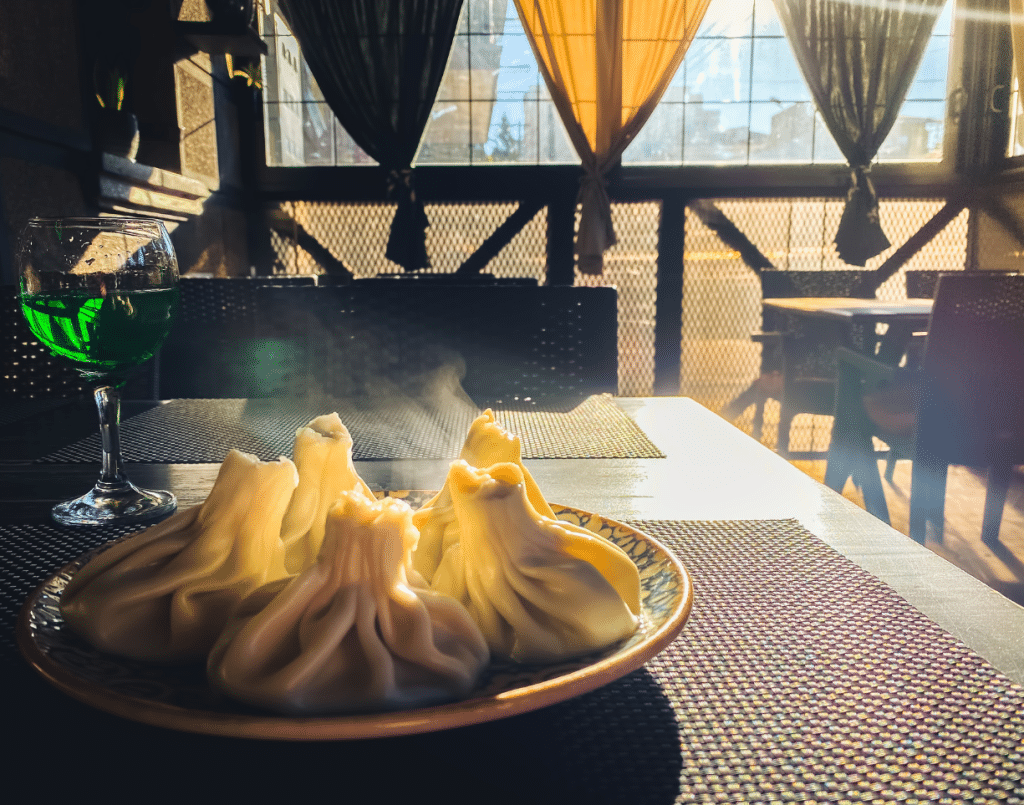
• First, consider learning some basic Georgian words such as hello – “gamarjoba,” goodbye – “kargad,” thank you – “madloba,” and it’s good – “kargia.” Expressing yourself using even a few Georgian words will show your respect for the country and its people.
• Don’t hesitate to accept invitations to join in the festivities.
• Try the local delights, such as a candle-shaped sweet called churchkhela made from wine grape juice and walnuts. Be open to new experiences.
• Learn the traditional way to eat the beloved local dumpling, khinkali. Use your hands, not a fork and knife.
• Remember to avoid certain types of humor, such as “mom jokes,” because people often don’t understand or appreciate them.
• And above all, savor every moment of your journey through this land of boundless hospitality.
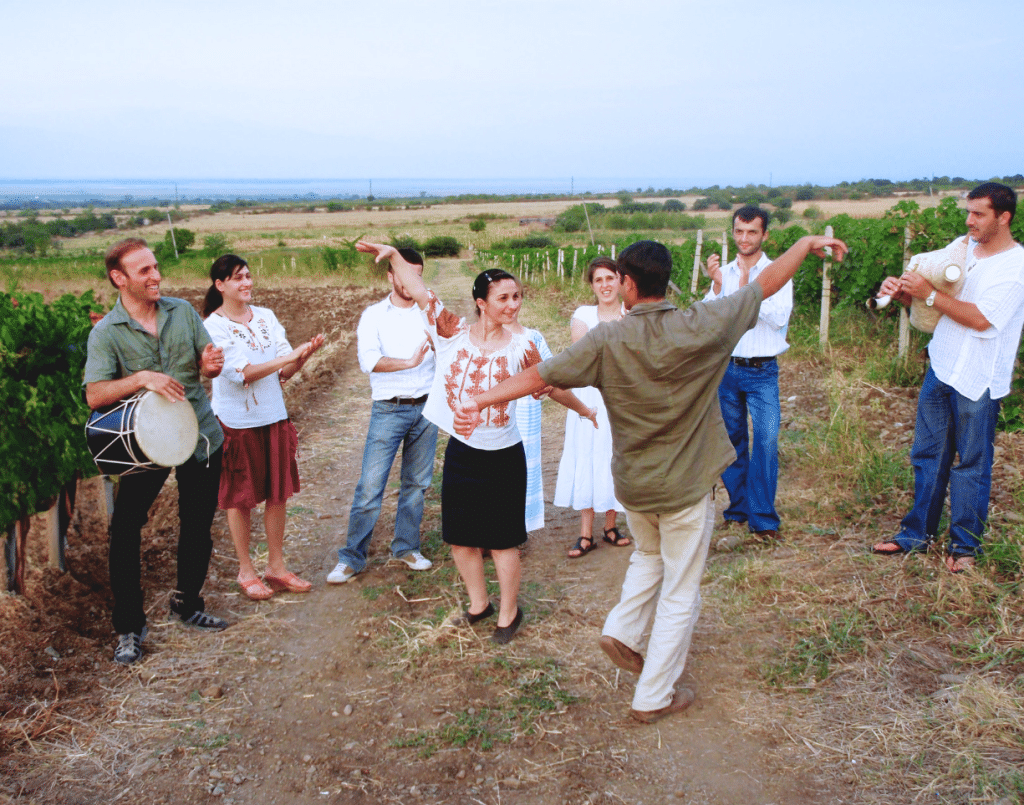
In Georgia, hospitality is more than just a tradition – it’s a way of life. From the moment you set foot in this enchanting country, warm and kind locals will greet you, leaving a lasting impression even after you leave.
At MIR, we are passionate about promoting cultural exchange and celebrating the diversity of our world. Through our travel blog posts, we aim to inspire travelers to embark on enriching journeys. These trips offer opportunities to foster understanding, connection, and appreciation for the richness of global cultures.








